Recently in Puliyabaazi podcast from IVM, I heard a nice answer to a classic question, "what is the difference between language an dialect?" The answer was, "A language is a dialect with a gun in hand". All though the conversation had political and historical bend, i was super fascinated it. To discuss what is translation and how is it done and other smaller nuances of language, I have none other than Jayashree Hari Joshi with us on Audiogyan.
Jayashree studied German at the JNU in New Delhi and also taught German after receiving her MA. She has been working at the Goethe Institute since 1996, was a program officer for twenty years, and since 2016 has been the Head of the institute's library in Mumbai. In addition to the Indian languages Marathi, Hindi and Sanskrit, she is fluent in English and German. She has translated German poems and plays into Hindi, Marathi and English. She also writes poetry in Marathi, which is regularly published. She has translated plays, poems, short stories novels and children's and youth literature from English and German into Hindi and Marathi. With such a huge body of work, I am just try and ask her few questions with my limited capacity and leave it to her to enlighten us.
Questions
What does translation mean to you? How has it changed over time? Is translation a skill or an art?
The legendary Hindi critic Namwar Singh has commented on Hindi language and it's a journey in the 20th century. Is there an equivalent theory about the grammar and aesthetics of Marathi poetry?
Ashok Shahane said all languages were born out of verses and songs. This is not the case with Marathi. What is your response to that?
Is there any recognizable pattern w.r.t language that you have observed in the last 20 years when it comes to literature? Who and what defines "Praman Bhasha"?
How do you retain the original author's sense and spirit, the spirit that resides in the original author's creative reasons for using a precise word or a phrase? What is your definition of ambiguity and how do you resolve that?
Who are the translator you admire and why?
Jayashree Joshi's Profile - https://www.goethe.de/ins/in/en/kul/sup/soc/sst/u10.html
Ganesh Vispute - https://www.akshardhara.com/en/2539__ganesh-vispute
Mugdha Karnik - https://www.amazon.in/Books-Mugdha-Karnik/s?rh=n%3A976389031%2Cp_27%3AMugdha+Karnik
Prafull Shiledar - https://en.wikipedia.org/wiki/Prafull_Shiledar
Ranjit Hoskote - https://en.wikipedia.org/wiki/Ranjit_Hoskote
Vishnu Khare - https://en.wikipedia.org/wiki/Vishnu_Khare
Shanta Gokhale - https://en.wikipedia.org/wiki/Shanta_Gokhale
Kavya ghruha - https://www.facebook.com/KavyaGrih/


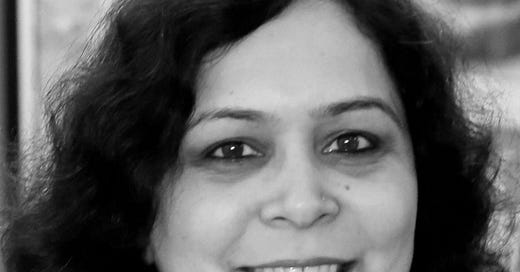



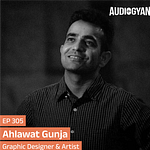


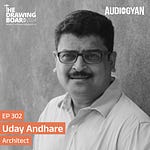
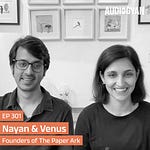

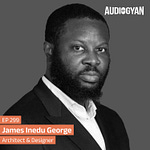
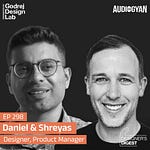
Share this post